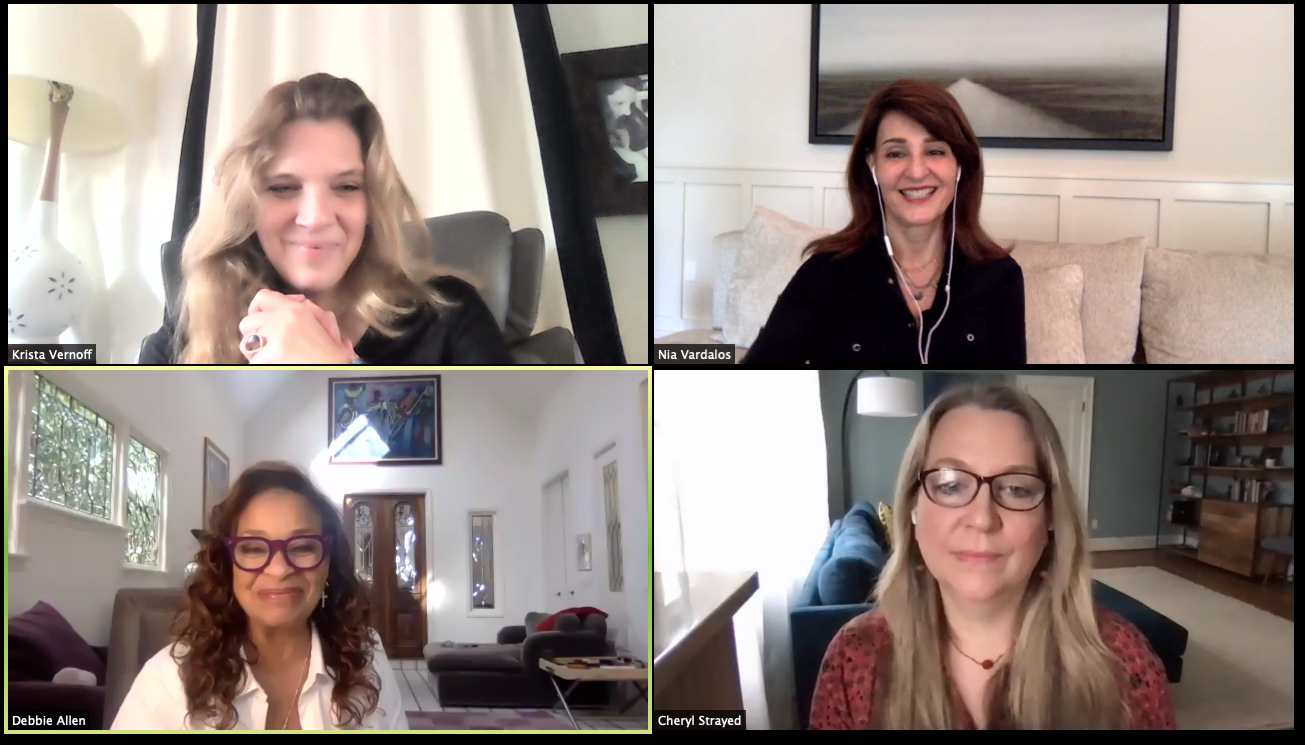Last week, the Audio Publishers Association held its annual conference (APAC), which was skipped last year due to COVID-19 and was virtual this time. They ran it on a site that gave us a virtual meeting space, networking areas, and an exhibit section like an in-person event.
The planning committee had asked me to be one of the experts meeting with small groups of narrators to address their particular questions in the Business Diagnostics session. I had the great pleasure of talking with 6 groups of narrators about time management and marketing/branding topics.
One participant’s question took me by surprise: I narrate. I write. I create content for a membership site. I have a full life beyond work. How do I get so much done?
I say I was surprised because I’ve often wondered the very same thing about other people!





